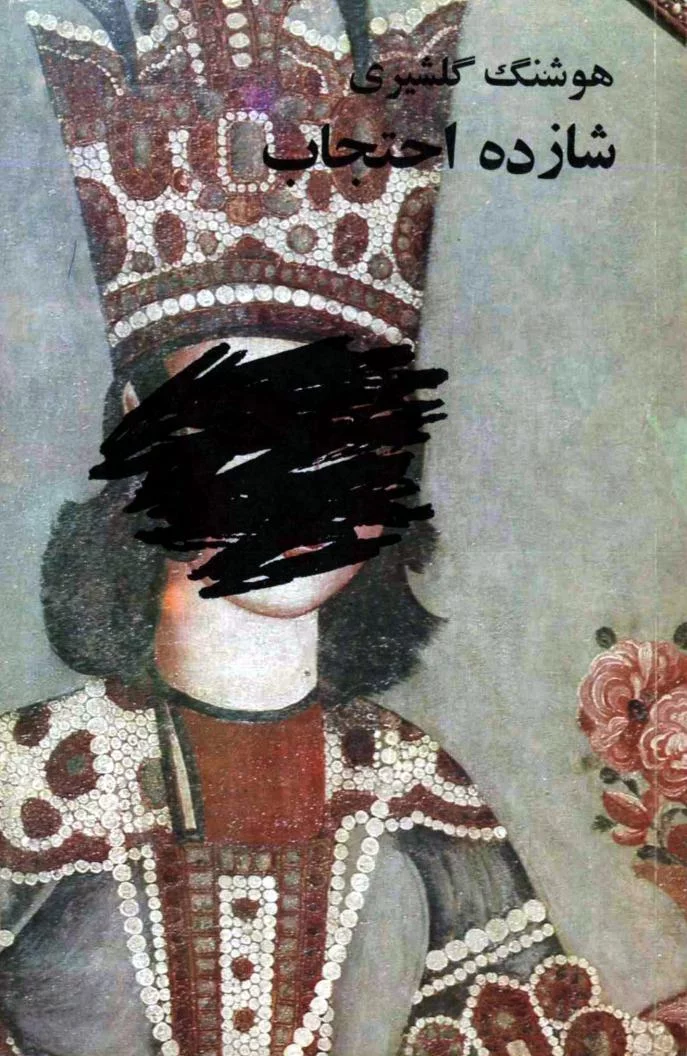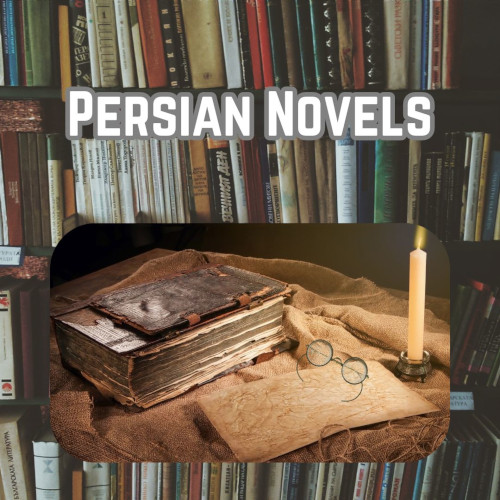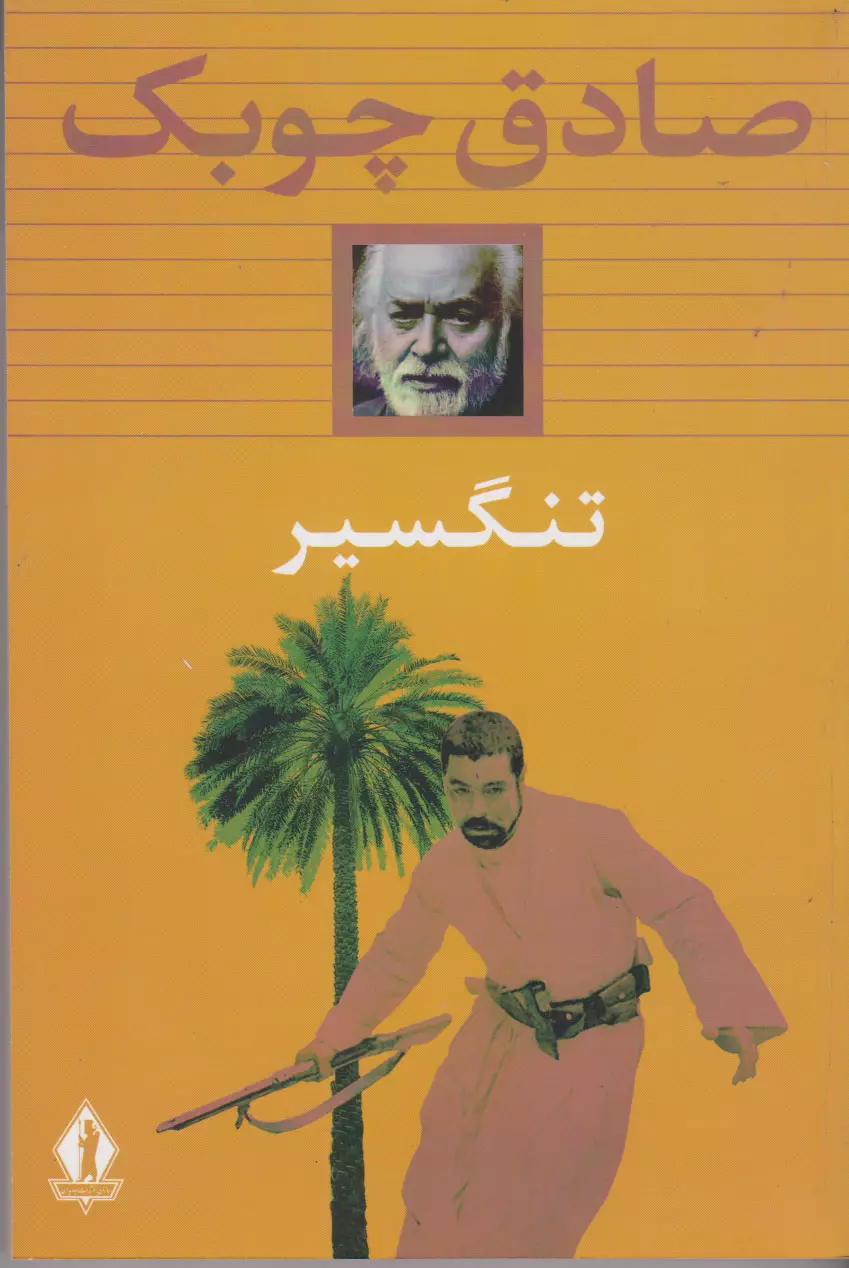Shazdeh Ehtejab (Prince Ehtejab)

Author: Houshang Golshiri
Genre: Literary Fiction
Publication Year: 1969
Shazdeh Ehtejab (Prince Ehtejab), written by the acclaimed Iranian author Houshang Golshiri, is a masterpiece of modern Persian literature and undoubtedly his most celebrated novel. First published in 1969 (1348 in the Persian calendar), the book quickly became a significant subject of discussion in literary circles of the time. Known for its innovative narrative style and profound critique of Iran's sociopolitical history, Shazdeh Ehtejab remains a cornerstone of Persian fiction.
The novel revolves around the life of its central character, Khosrow Ehtejab, a fading Qajar prince whose reflections on his family's tyranny and decadence form the backbone of the story. Through Khosrow's fragmented and introspective stream of consciousness, Golshiri paints a vivid and haunting picture of oppression, corruption, and moral decay in the final days of the Qajar dynasty. The story serves as both an intimate psychological portrait and a broader allegory of Iran’s turbulent historical transition to the Pahlavi era.
Golshiri’s use of the stream-of-consciousness technique was groundbreaking for Persian literature at the time. This narrative approach allows readers to delve deeply into the psyche of the protagonist, exploring his memories, regrets, and growing awareness of his family's role in perpetuating injustice. The nonlinear structure and poetic language make the novel a richly layered and intellectually stimulating experience, although it requires close attention to fully appreciate its depth.
Critics have often lauded Shazdeh Ehtejab as one of the finest examples of Persian modernist fiction, praising its stylistic sophistication and its bold critique of power and privilege. The novel’s exploration of themes like guilt, legacy, and the cyclical nature of tyranny has earned it a timeless relevance, making it a subject of both literary and sociopolitical analysis.
While some literary critics hail Shazdeh Ehtejab as the greatest Persian novel of all time, others have debated this claim, pointing to its complexity as both a strength and a potential barrier for readers. Nevertheless, Golshiri himself considered this book his most successful work, and its enduring popularity and influence validate his belief.
Shazdeh Ehtejab is an essential read for anyone interested in Persian literature, offering a powerful combination of historical critique, psychological insight, and literary innovation. It challenges readers to confront uncomfortable truths about the nature of power and the enduring scars of history, making it a profound and unforgettable work.



